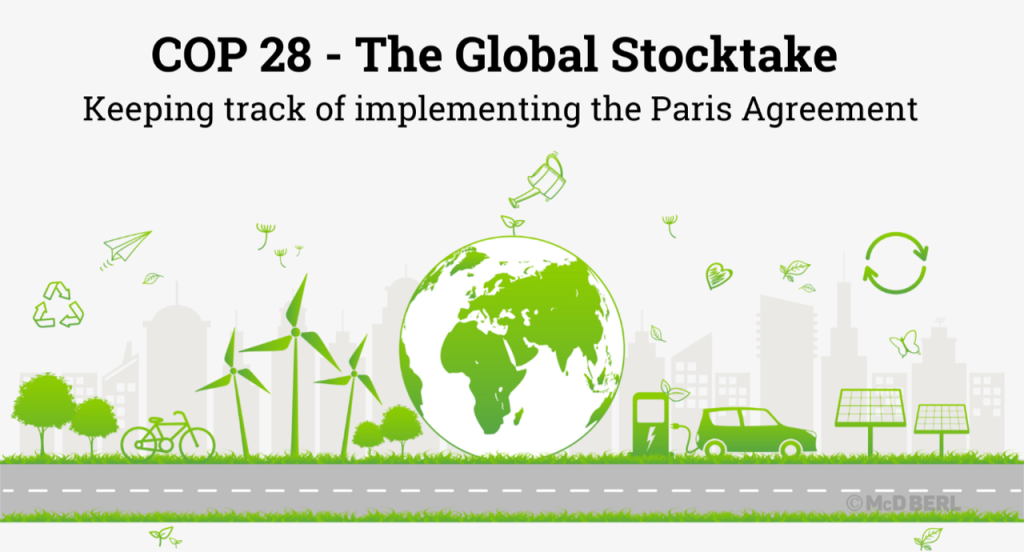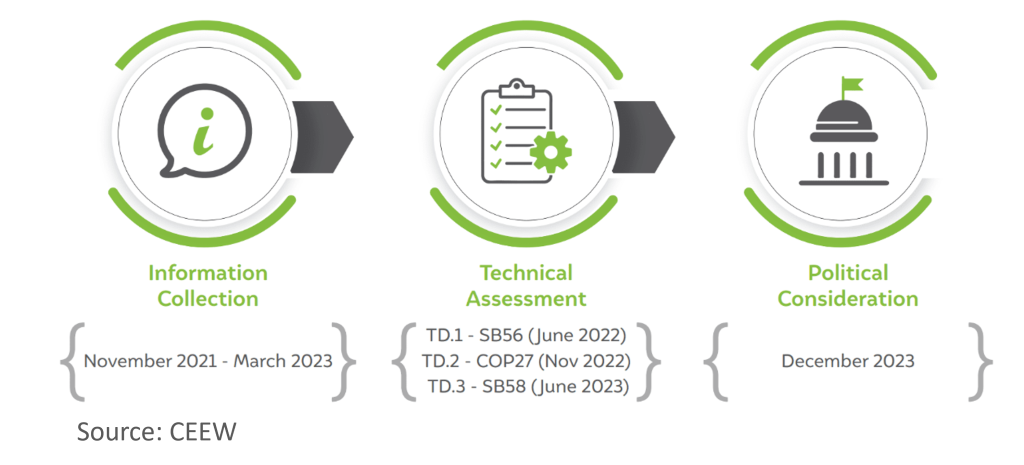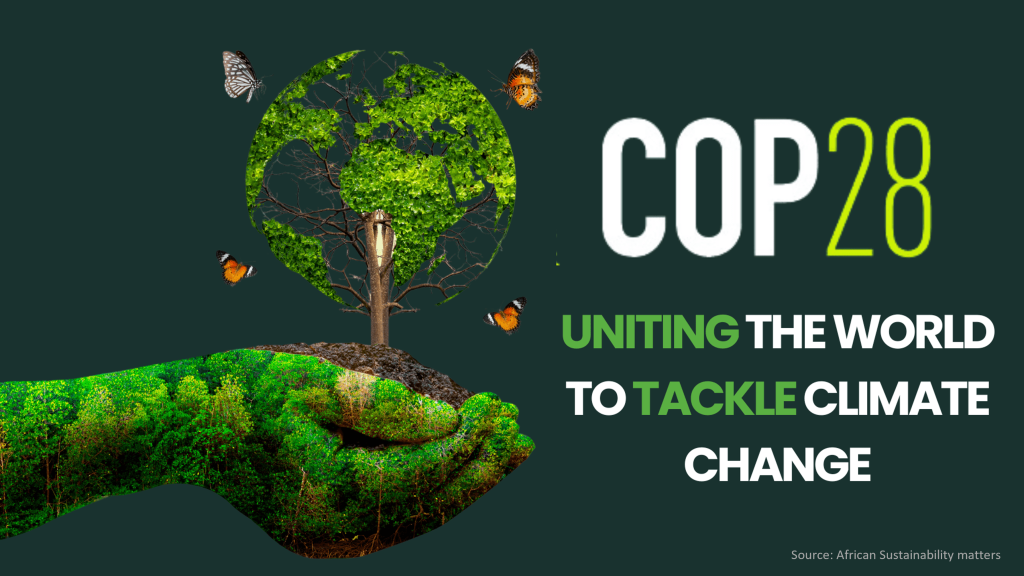The Global Stocktake: Catalyzing a New Era of International Climate Action

The Global Stocktake is a key component of the Paris Agreement, a landmark accord reached in 2015, which aims to limit global warming to well below 2 degrees Celsius above pre-industrial levels. The Global Stocktake is a two-year review by the United Nations to evaluate progress towards the Paris agreement goals. Started at COP26 in Glasgow, this process will conclude at COP 28 in Dubai.
What is Global Stocktake?
As the name suggests the aim of the global stocktake is to take stocks of the current situation, how far we have come and what are the other initiatives to be taken. It is a stocktake that assesses how well these commitments contribute to the global climate targets.
COP28, scheduled to take place in Dubai, United Arab Emirates, from November 30 to December 12, 2023, will cover a range of critical issues including mitigation, adaptation, climate finance and funding, loss and damage, the phase-out of fossil fuels, and, notably, the global stocktake.

Why the Global Stocktake Matters:
Accountability Mechanism in the Paris Agreement:
- Countries agreed to regularly report on and review their individual efforts.
- The Paris Agreement established the global stocktake process with a five-year cycle.
Purpose of the Global Stocktake:
- Helps national governments assess their progress in implementing climate plans.
- Identifies gaps in meeting targets and highlights opportunities for increased climate action ambition.
Importance of the Global Stocktake:
- Critical due to the international community’s shortfall in meeting climate commitments.
- Necessary for driving significant transformations across all sectors for a resilient future.
Findings from the NDC Synthesis Report:
- Current Nationally Determined Contributions (NDCs) from 192 Parties are insufficient.
- Predicted increase in global greenhouse emissions by 2030 compared to 2010 is about 16%.
- Intergovernmental Panel on Climate Change warns of a potential 2.7°C temperature rise by the century’s end if current trends continue.
Urgency for More Ambitious Climate Action:
- The report emphasizes the need for significantly more ambitious climate efforts.
- The global stocktake is vital for boosting climate action and ambit
Why COP28 is Crucial?
- COP28 would provide a platform for countries to reaffirm their commitment to international collaboration on climate change and negotiate agreements that facilitate coordinated efforts.
- Discussions on climate finance would be a crucial component, with developed countries expected to provide financial support to developing nations to help them mitigate and adapt to climate change.
- The conferences would explore avenues for promoting and scaling up innovative technologies to accelerate the transition to a low-carbon economy.
- COP28’s Global Stocktake will draw upon the latest scientific findings to assess the current state of the climate and project future scenarios because scientific advancements play a crucial role in shaping climate policy.
Looking Ahead:
COP28’s Global Stocktake stands as a pivotal moment, not merely for reviewing past climate efforts but more crucially for charting new pathways in climate policy. This approach enables nations to effectively identify the strengths and weaknesses of current programs, thereby enhancing their strategies and setting more ambitious goals. Such a stocktake lays the groundwork for updated commitments, essential for fostering a global low-carbon economy.

Conclusion
The Global Stocktake at COP28 represents a turning point in the continuous worldwide effort to combat climate change. The international community has the chance to fortify its combined determination to address one of the biggest challenges of our time when nations gather to evaluate their achievements, exchange experiences, and make future decisions. The success of COP28’s Global Stocktake will not only be measured in the assessment of current efforts but in the commitment to more ambitious and effective climate action in the years to come.




